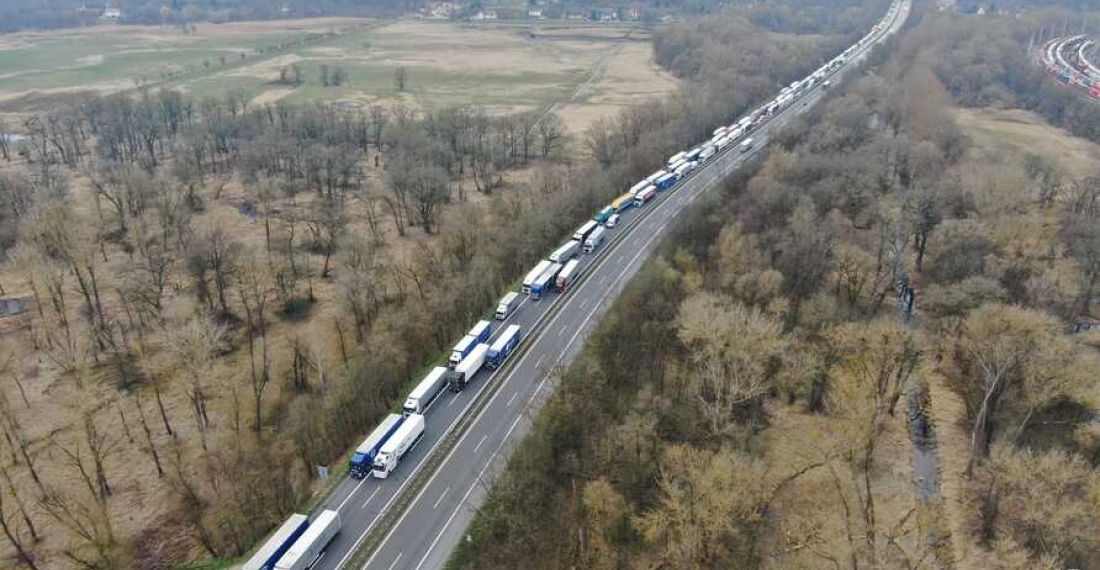The European Commission has urged Germany, Belgium and four other EU countries to lift their travel bans as soon as possible. The Commission believes that such heavy-handed measures are inappropriate.
"We believe that the legitimate objective of protecting public health during a pandemic can be achieved with less restrictive measures," the Commission wrote to Germany, Belgium, Hungary, Denmark, Sweden and Finland. If the EU Member States do not act in unison, Brussels warns that the free movement of goods and travel will be jeopardised. The transport of vaccines and other medicines could also be jeopardised.
"The commission wants to recall to the European member states that it is a necessity to go back to a coordinated approach on all the measures taken in relation to the free movement of people and goods," EU justice commissioner Didier Reynders said on Tuesday (23 February) in a video posted on social media.
EU countries previously agreed not to impose travel bans, but, for example, to discourage travel to and from areas with a high virus rate, and to require travellers to undergo testing and quarantine. The Commission expects member states to follow that line, a spokesman said. The Commission is "closely following" what the six member states will now do.
Belgium has banned all unnecessary travel to and from Belgium. Germany allows almost no-one in from the Czech Republic, Slovakia and Tyrol, because dangerous new variants of the coronavirus are spreading there. Germany only makes an exception for truck drivers and border workers.
On Friday (26 February), the Belgian authorities will consider lifting the travel ban. The pressure to do so is growing, at home and abroad. The two months duration that such an emergency measure may last under the Schengen agreement at most expires at the end of March.







